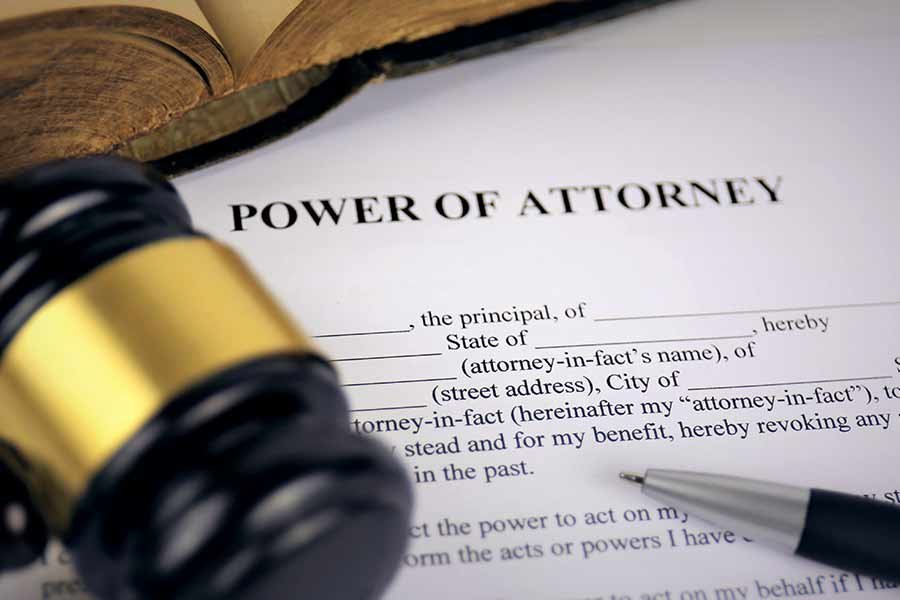Updated 5-15-23. George Bernard Shaw once said, “Success does not consist of never making mistakes but in never making the same one twice.” We all make mistakes. But as Notary Signing Agents, those mistakes can create significant issues for all parties involved. Fortunately, knowledge is power and knowing what some common errors are could help you to avoid them in the first place:
1. Something is missing from the loan document package
2. The Notary stamp is illegible
3. Missing identification on the Patriot Act Form
4. Incorrect Notary acknowledgments
5. Not following directions
Click Here to read more: Signing Agent Tip: 5 Common Loan Signing Mistakes
Source: National Notary Association




